Electoral support: 830.6 million voters supported to participate in 62 elections across 44 countries
UNDP 60: A Story of Human Progress
Six decades of partnership and pioneering solutions
1965-1970
Foundations
From post-war recovery to the rise of independent states to the space race, the world rapidly transforms. As countries change, grow, and emerge economically and politically, UNDP is created to work in partnership to build the foundations for human development and create opportunities for people to thrive

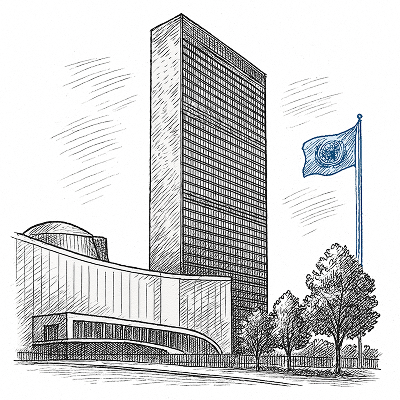
The 1965 United Nations Pledging Conference on the Expanded Programme of Technical Assistance and the Special Fund.
Photo: UN Photo/Yutaka Nagata
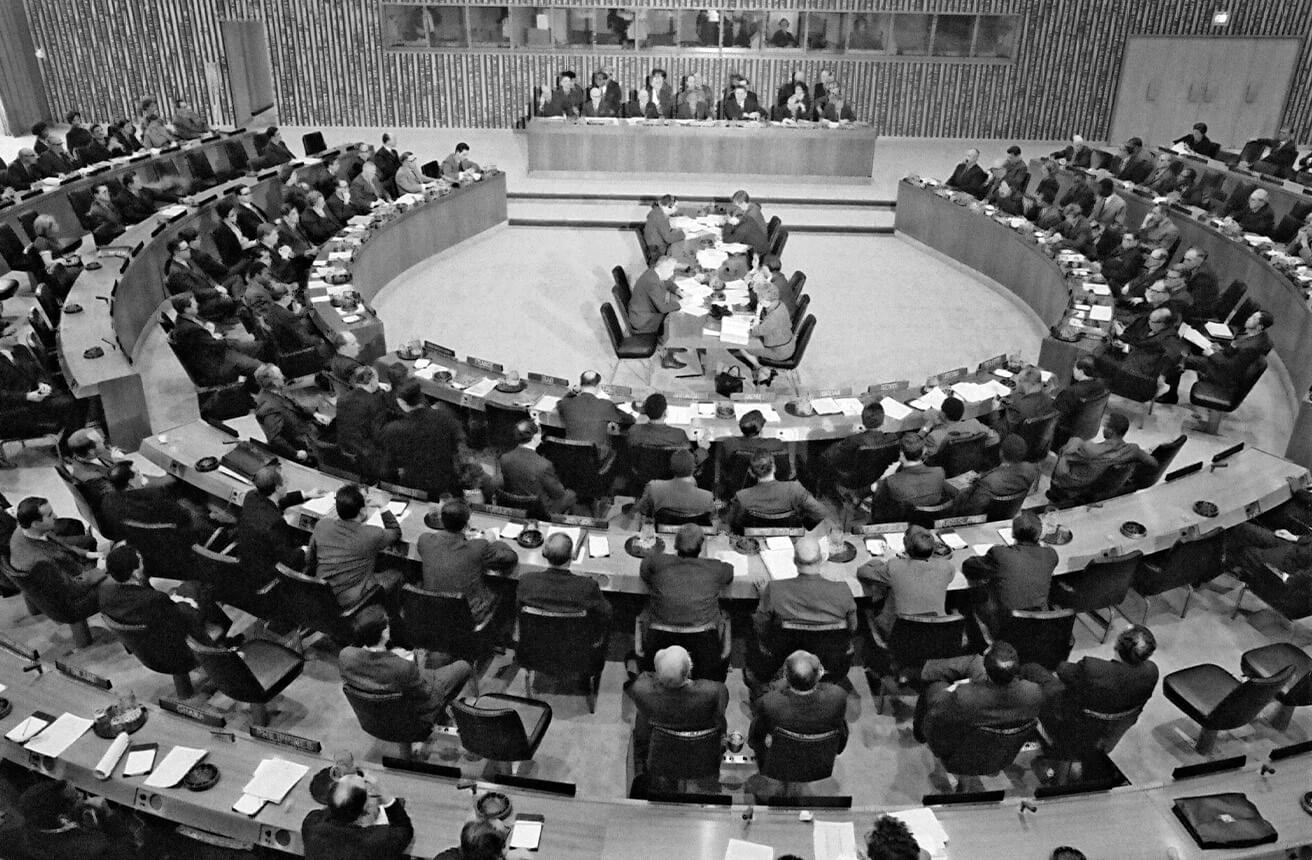
First meeting of UNDP’s Governing Council, New York.
Photo: UN Photo/Yutaka Nagata
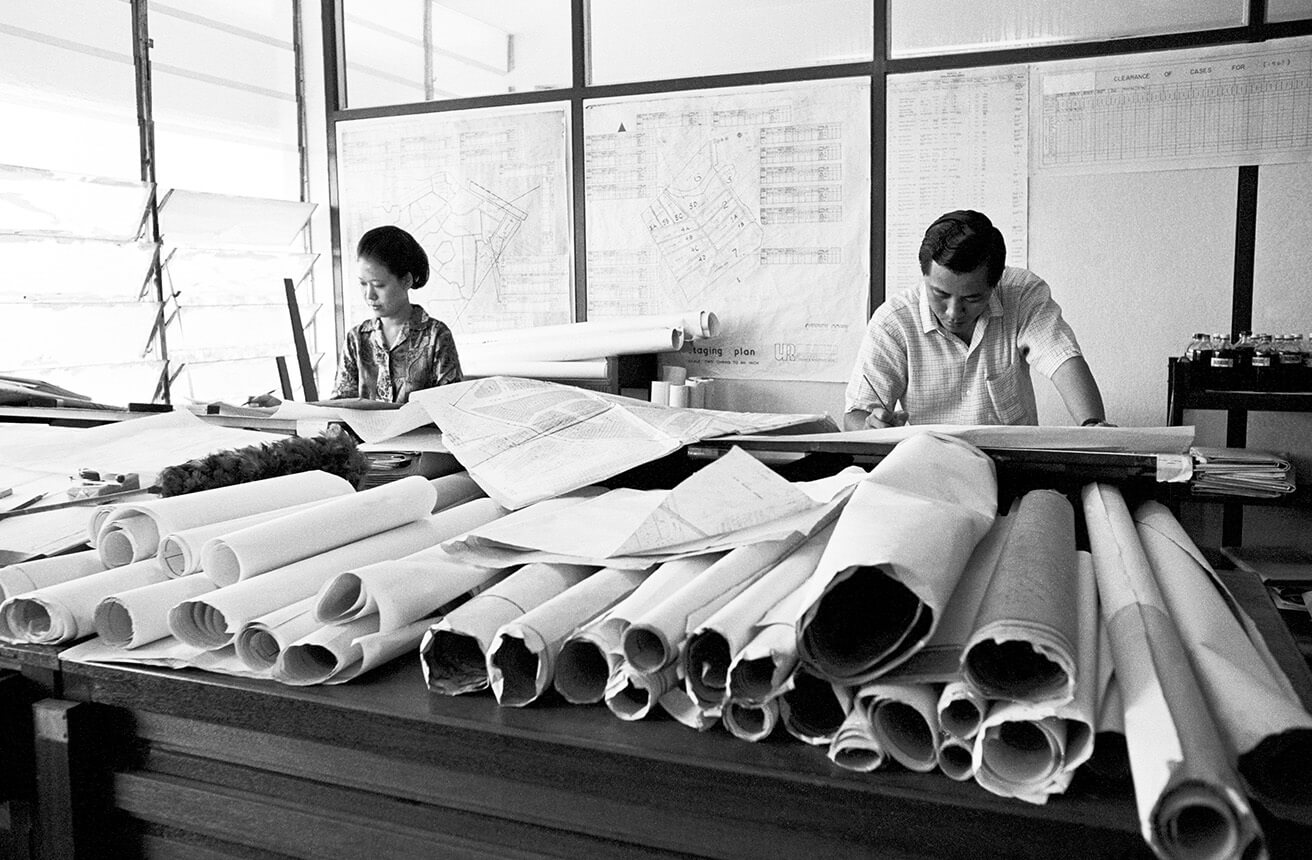
UNDP partners with newly independent Singapore.
Photo: UN Photo/MB
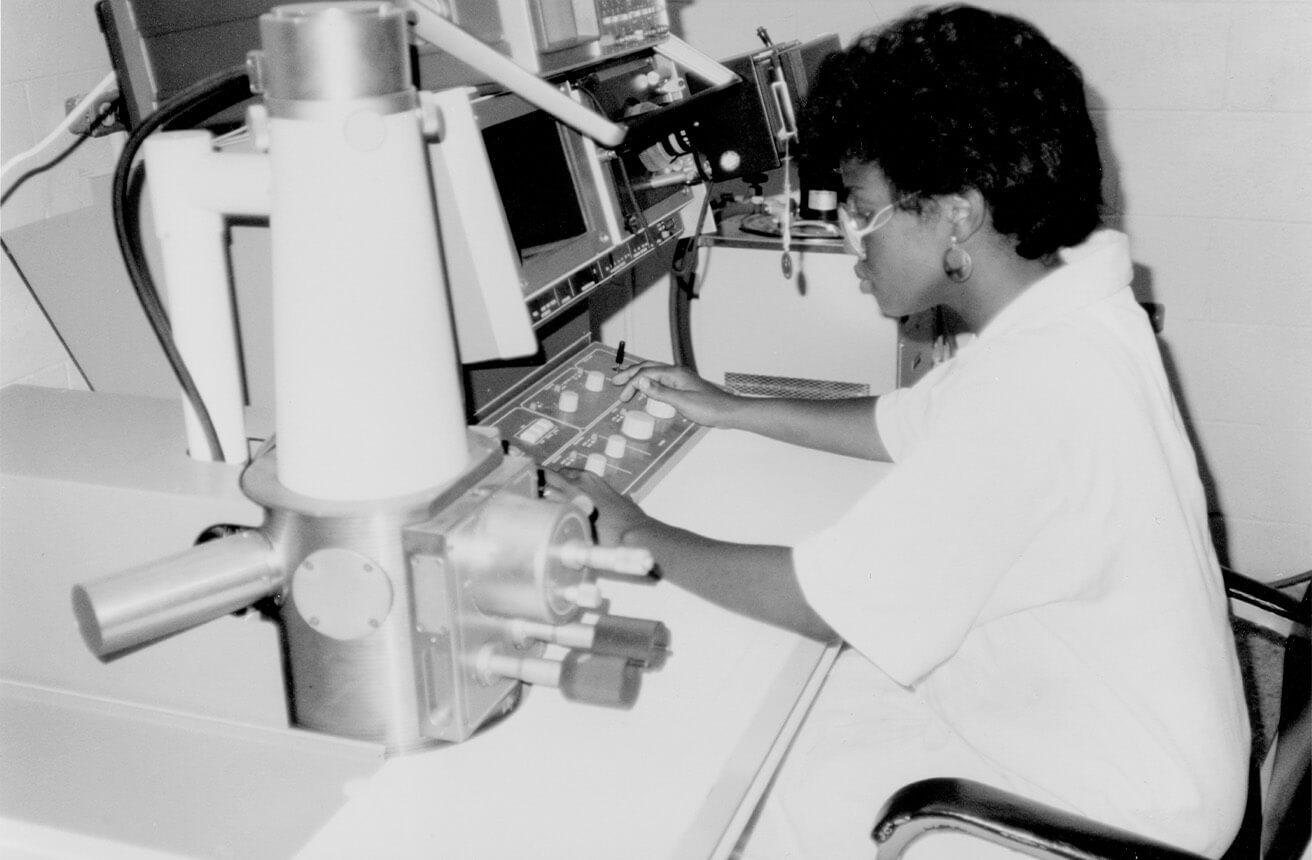
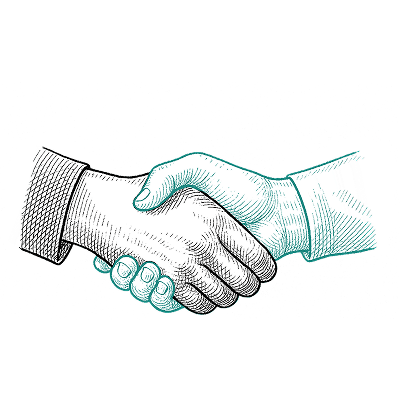
UNDP supports Jamaica to position itself as a leader in mineral research and development.
Photo: UNDP Jamaica/Ruth Seligman
1970s-1980s
Building National Capacity
Energy crises and political upheavals reshape the global landscape and post-colonial nations chart their futures. This incubation era sees UNDP pioneering coordinated approaches to development and economic resilience, harnessing technologies as part of these new ways of working
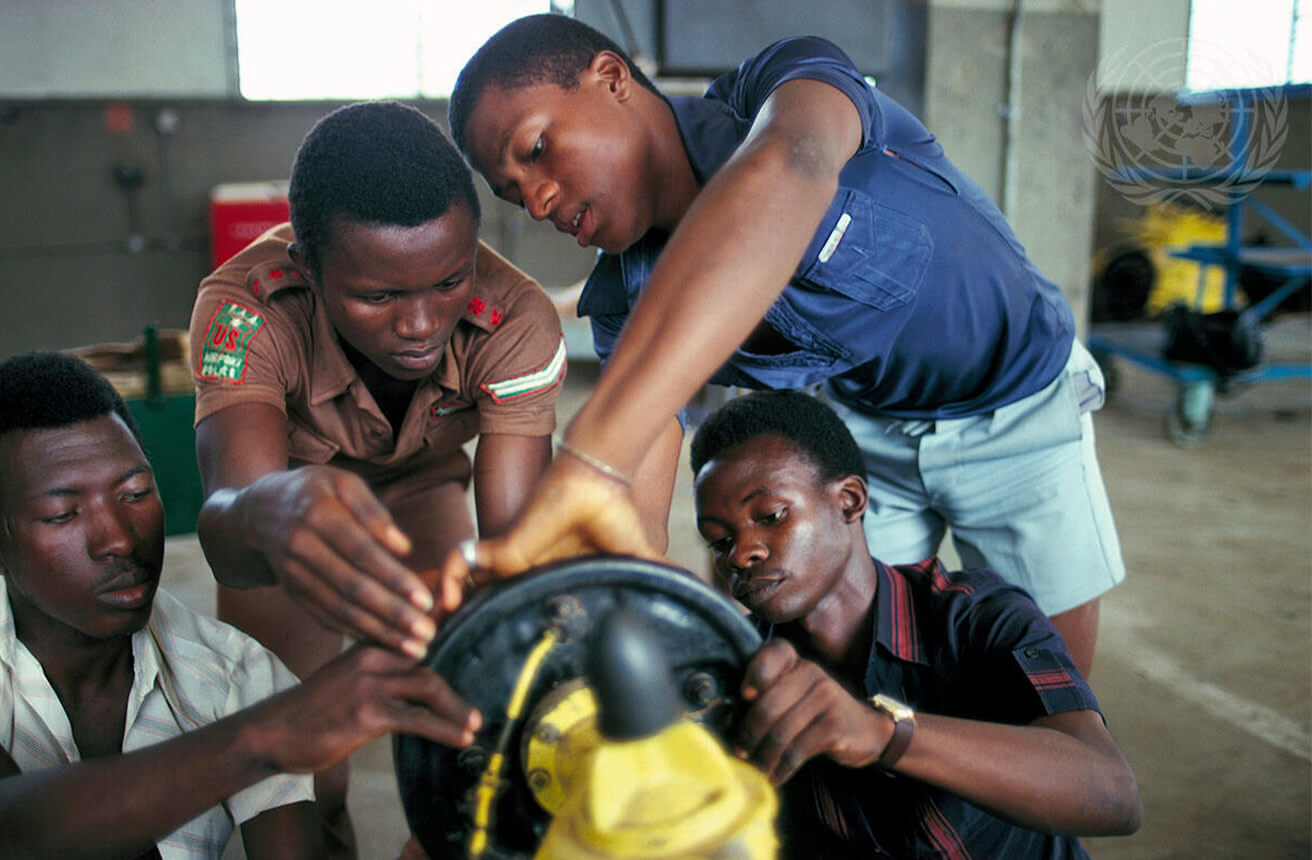
UNDP supports training in Sierra Leone to equip young adults with skills for quality jobs.
Photo: UN Photo/Redenius
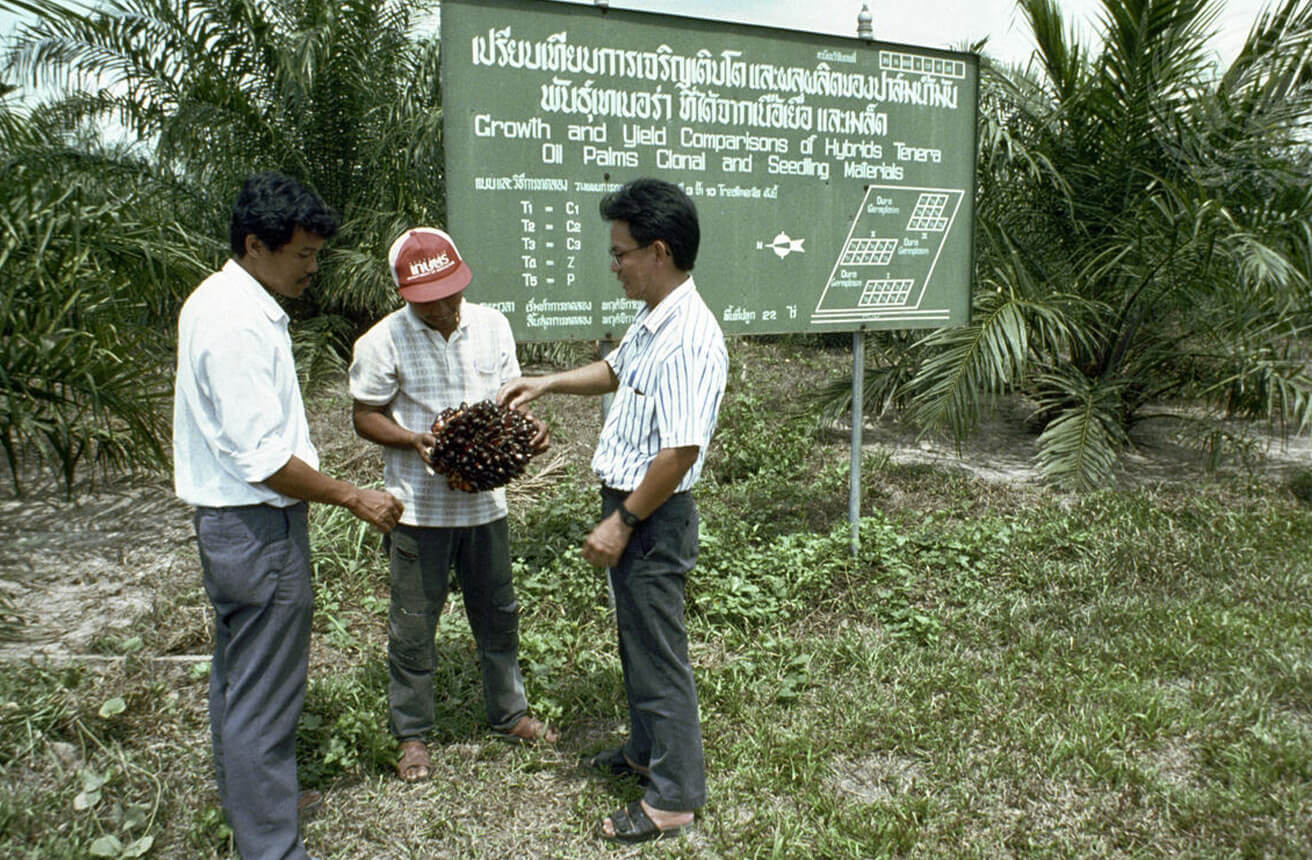
UNDP assists community agriculture projects to promote income-generating activities in Thailand.
Photo: UN Photo/M. Wild
1990s
Human Development in Focus
New ways of thinking emerge about poverty, inequality, human dignity and environmental protection. UNDP pioneers human-centred development, moving beyond economic growth to focus on people’s well-being. As the World Wide Web and global connectivity unleash a new wave of human potential, we embrace digital tools for combating poverty and inequality
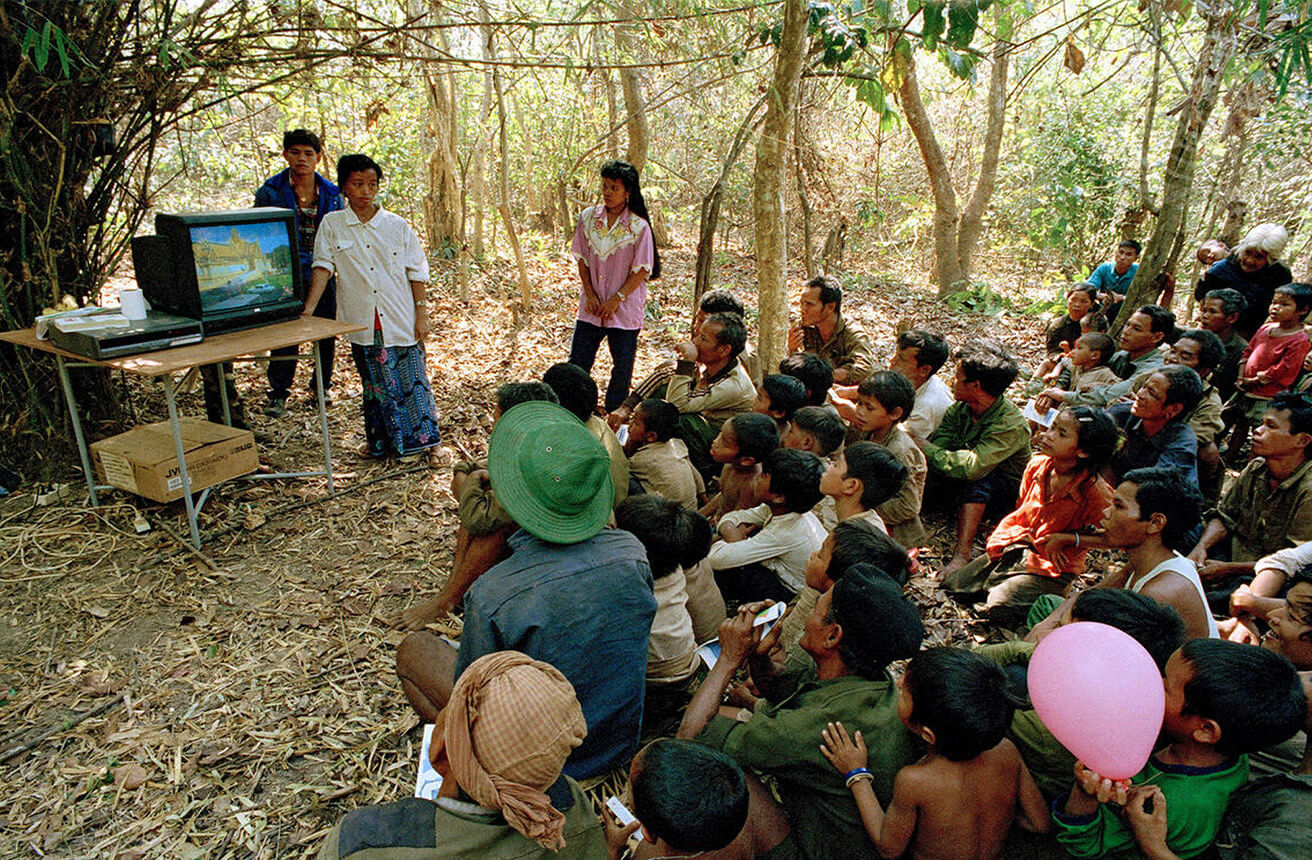
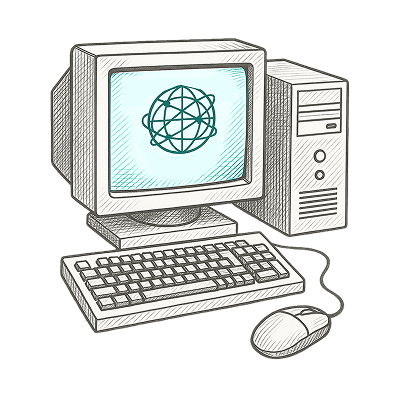
UNDP supports the UN Transitional Authority’s electoral assistance in Cambodia.
Photo: UN Photo/John Isaac
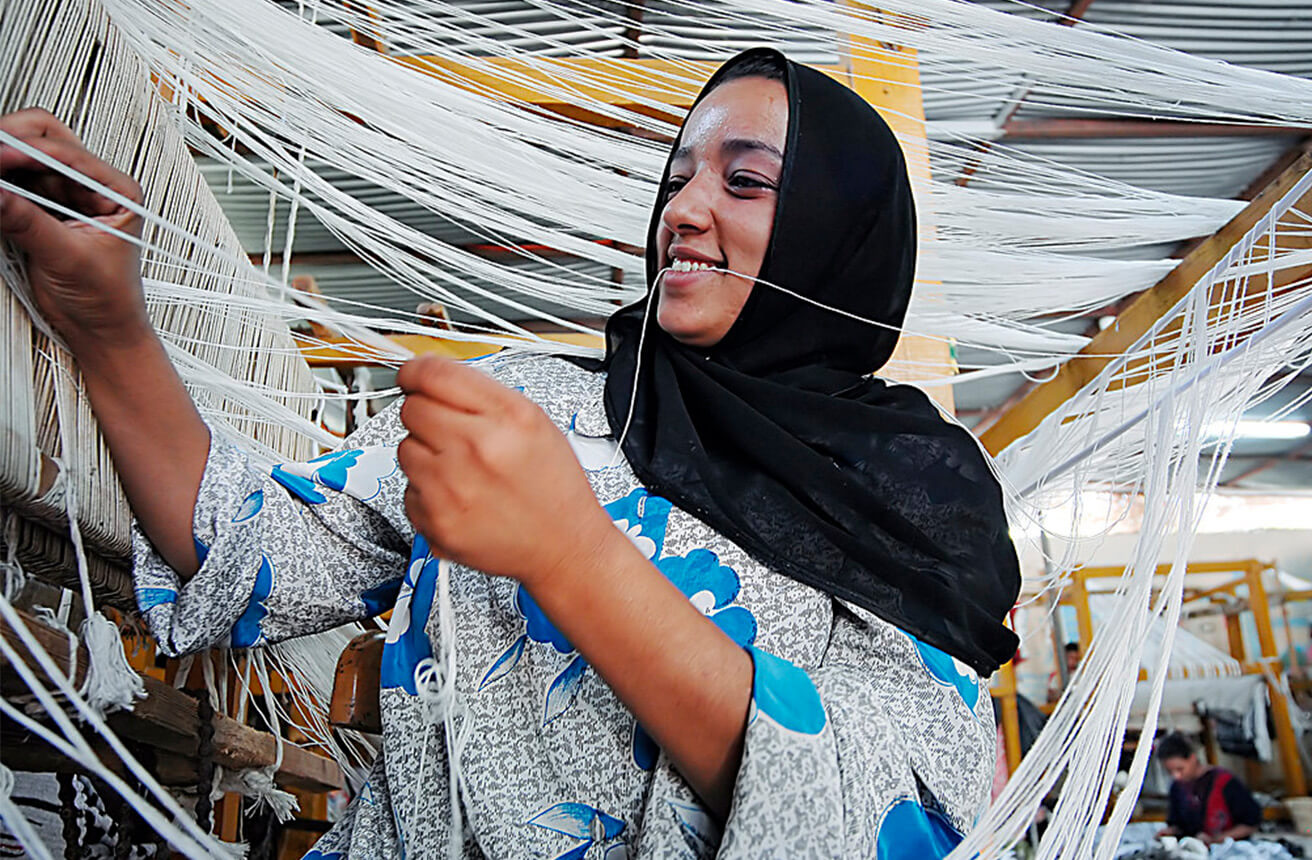
UNDP supports Egypt’s Social Fund for Development — later the Micro, Small and Medium Enterprises Agency — to create jobs and reduce poverty.
Photo: UNDP Egypt
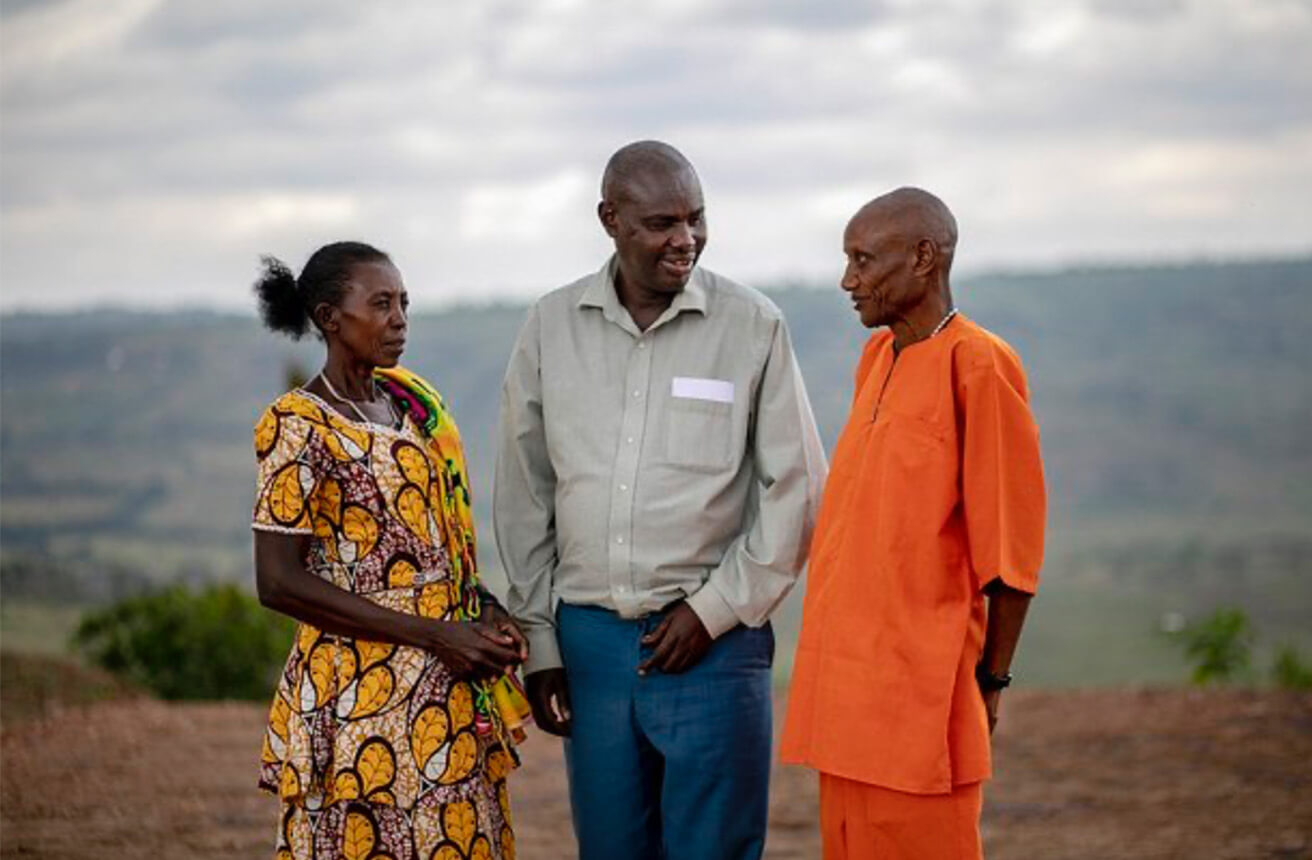
UNDP supports Rwanda's ongoing healing and reconciliation journey. Three decades on, community dialogues between genocide perpetrators, their families and survivors help heal trauma.
Photo: UNDP Rwanda/Alice Kayibanda
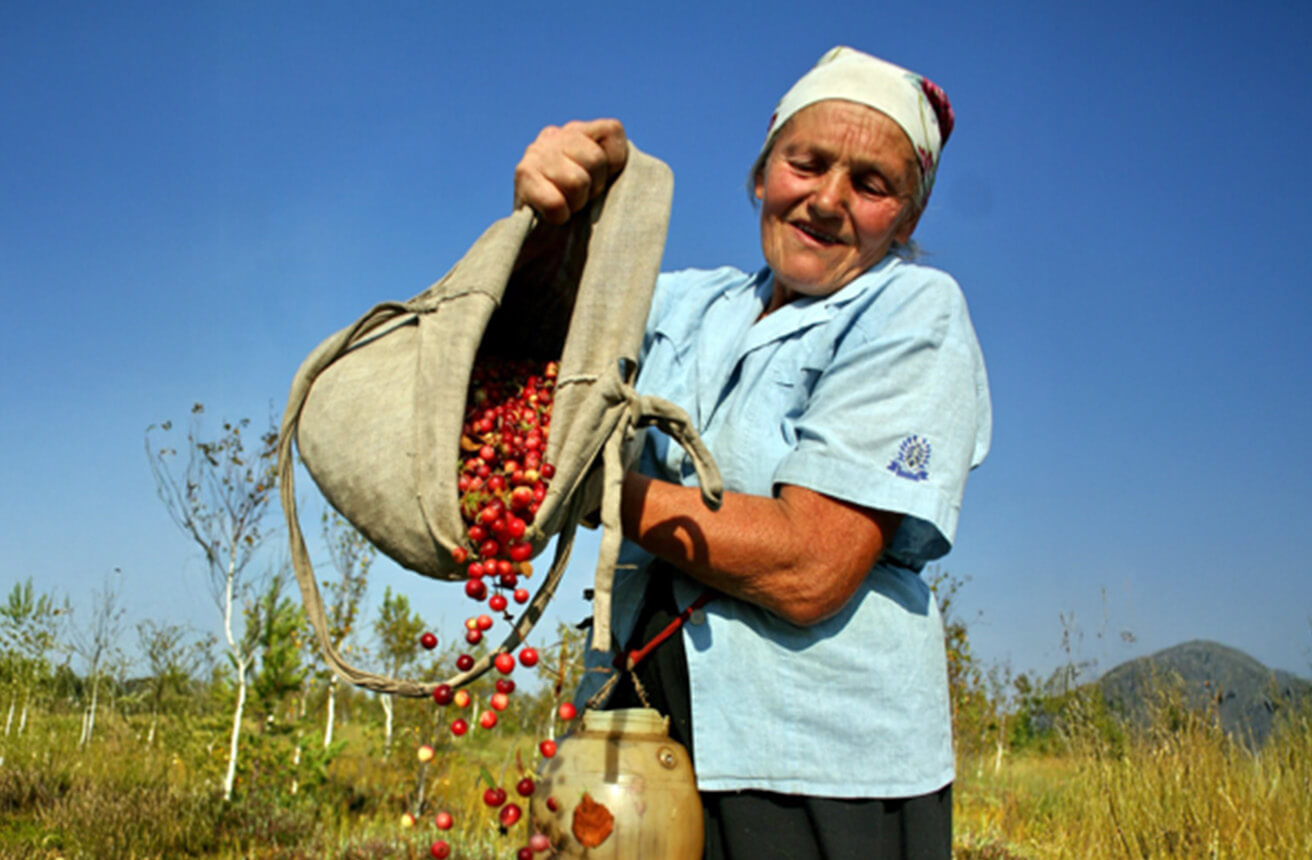
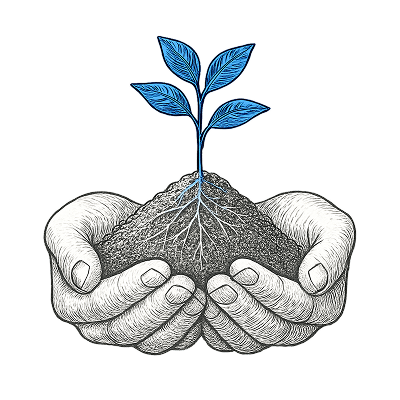
UNDP supports agriculture to fight hunger, create jobs, and strengthen economies in Belarus.
Photo: UNDP Belarus
2000s
Millenium Momentum
From global goals to climate action, the new millennium brings new ambition. UNDP coordinates development efforts as the world commits to unprecedented cooperation

Through the Equator Initiative, UNDP celebrates sustainable forestry in Brazil.
Photo: Associação Ashaninka do Rio Amônia - Apiwtxa
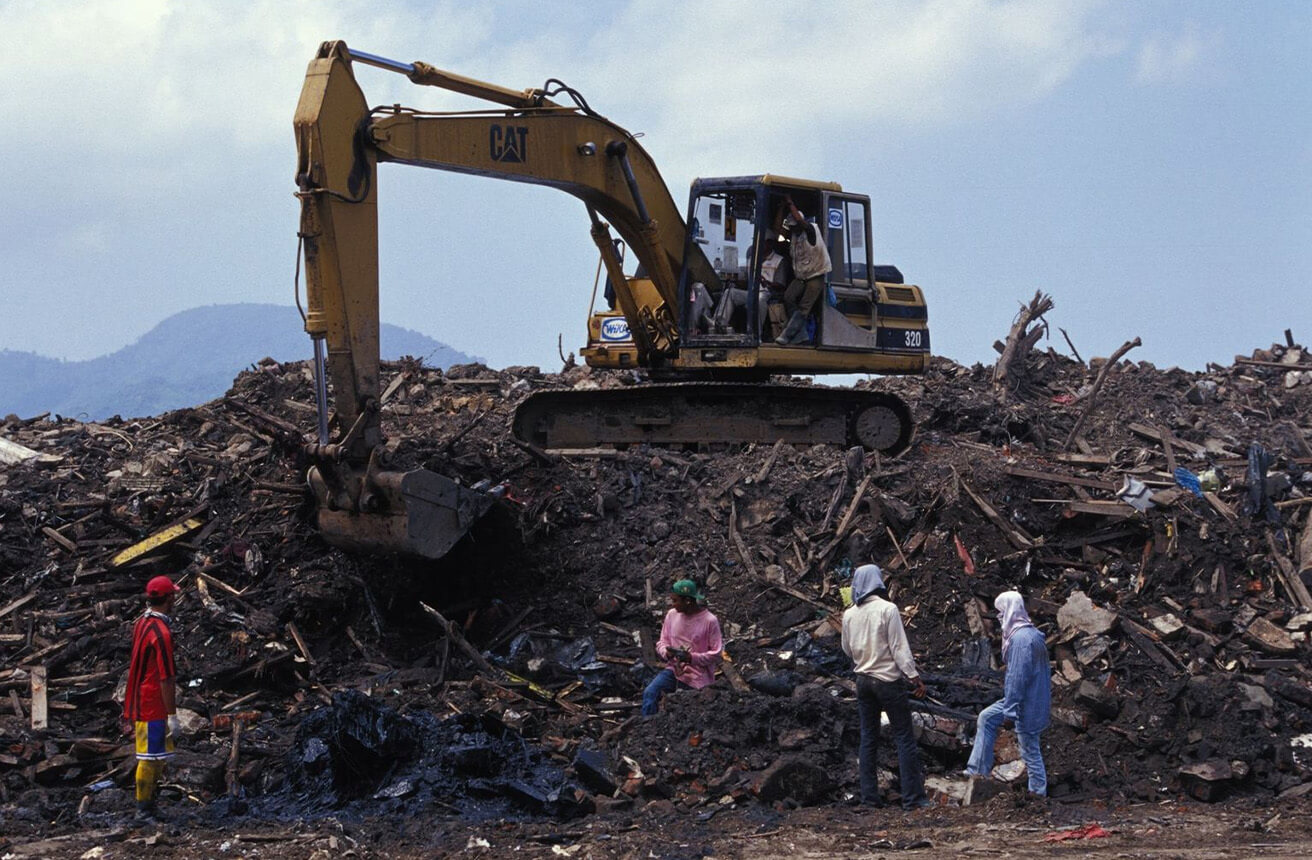
UNDP supports tsunami recovery in Indonesia.
Photo: UNDP Indonesia
2010s
Building Resilience and Innovation
Crises converge as economic turmoil and the climate emergency intensify. UNDP embraces participatory development and integrated solutions that build resilience and connect climate action, sustainable finance and innovation
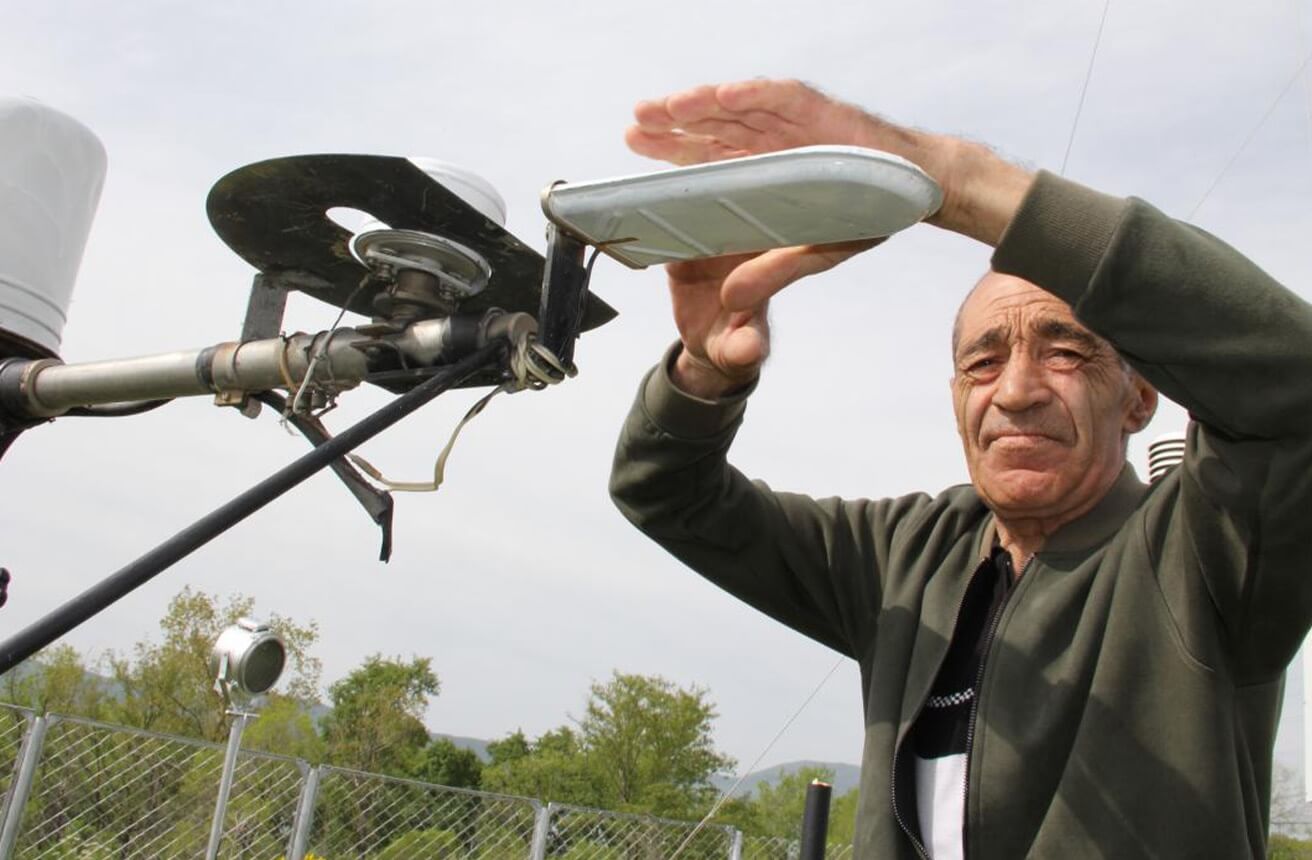
UNDP supports meteorological monitoring for climate adaptation in Armenia.
Photo: UNDP Armenia/Arzuman Harutyunyan
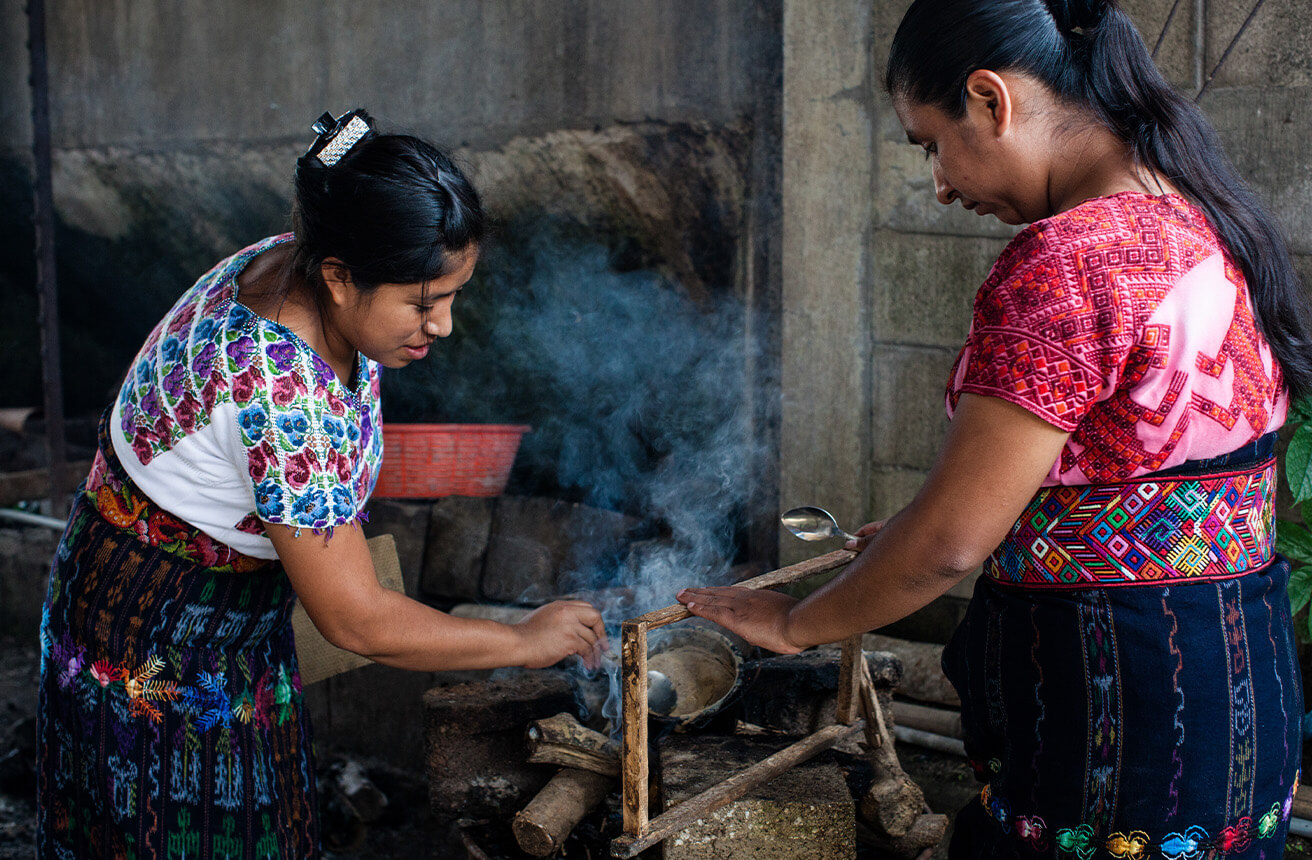
UNDP works with local farmers in Guatemala to boost local economies and help communities adapt to climate change.
Photo: UNDP Guatemala
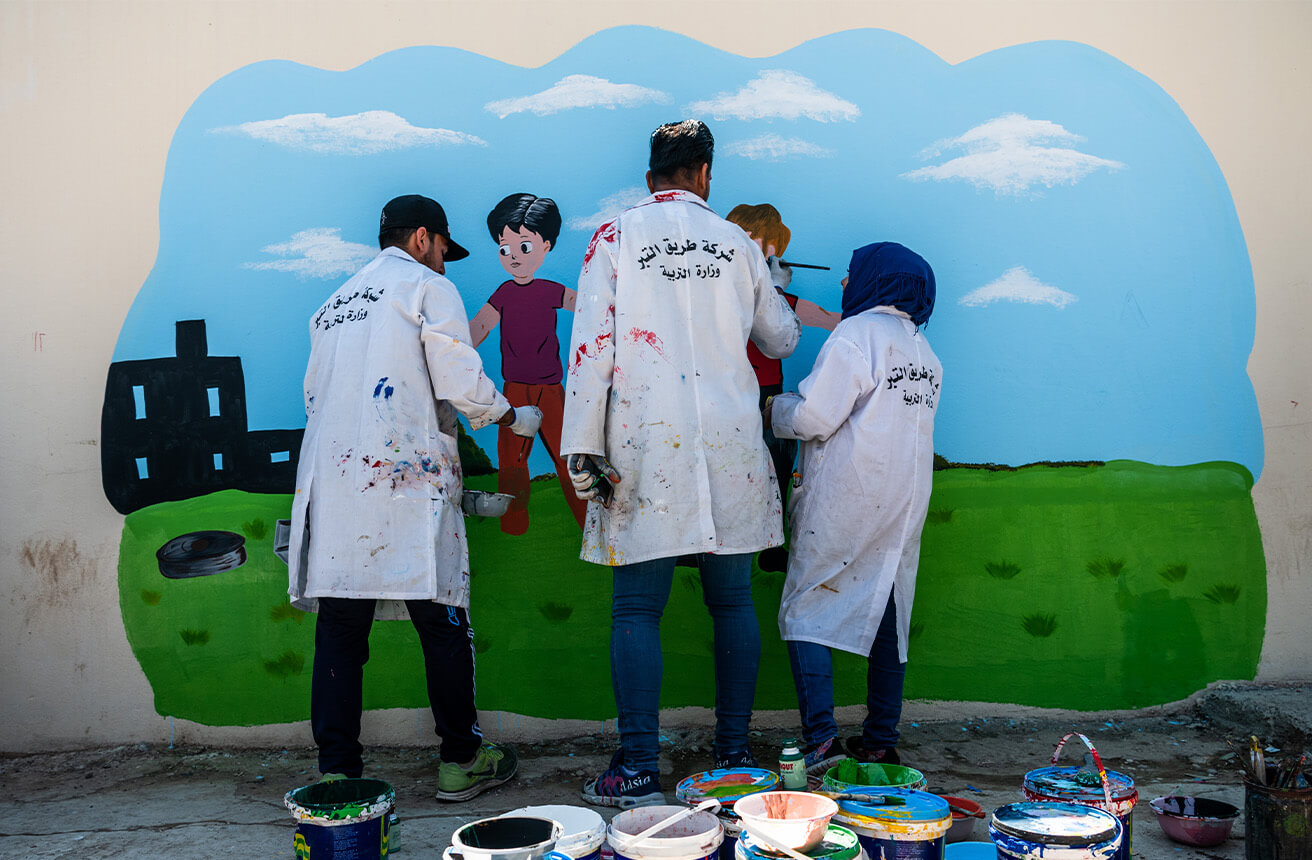
UNDP supports local residents to repair and repaint schools in Iraq.
Photo: UNDP Iraq/Claire Thomas
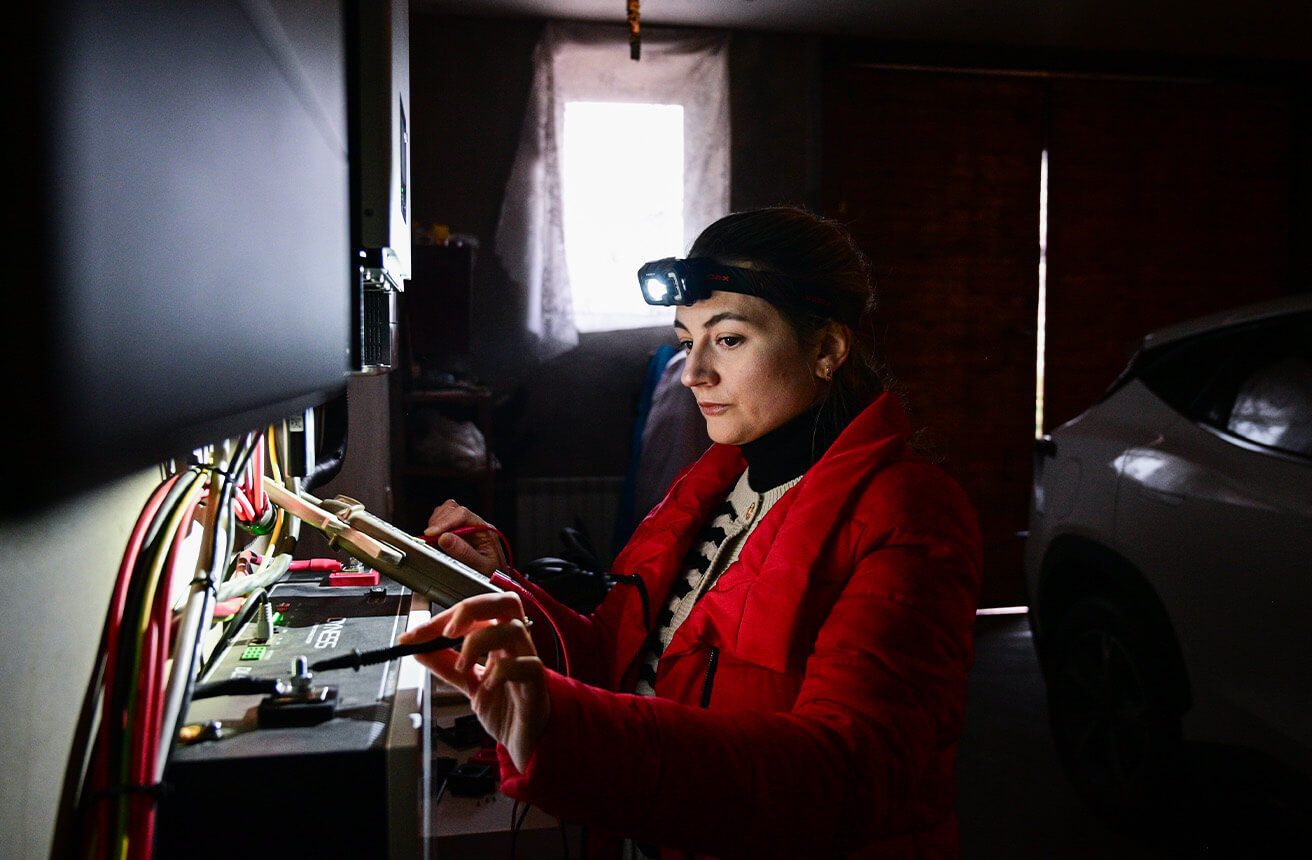
UNDP, GEF and Atmosfera train women in solar power installation to support energy needs in Ukraine.
Photo: UNDP Ukraine

2020s
Sustainability and Systems Change
A pandemic, conflicts, and the AI revolution reshape the world. UNDP navigates unprecedented change while supporting others to adapt and innovate
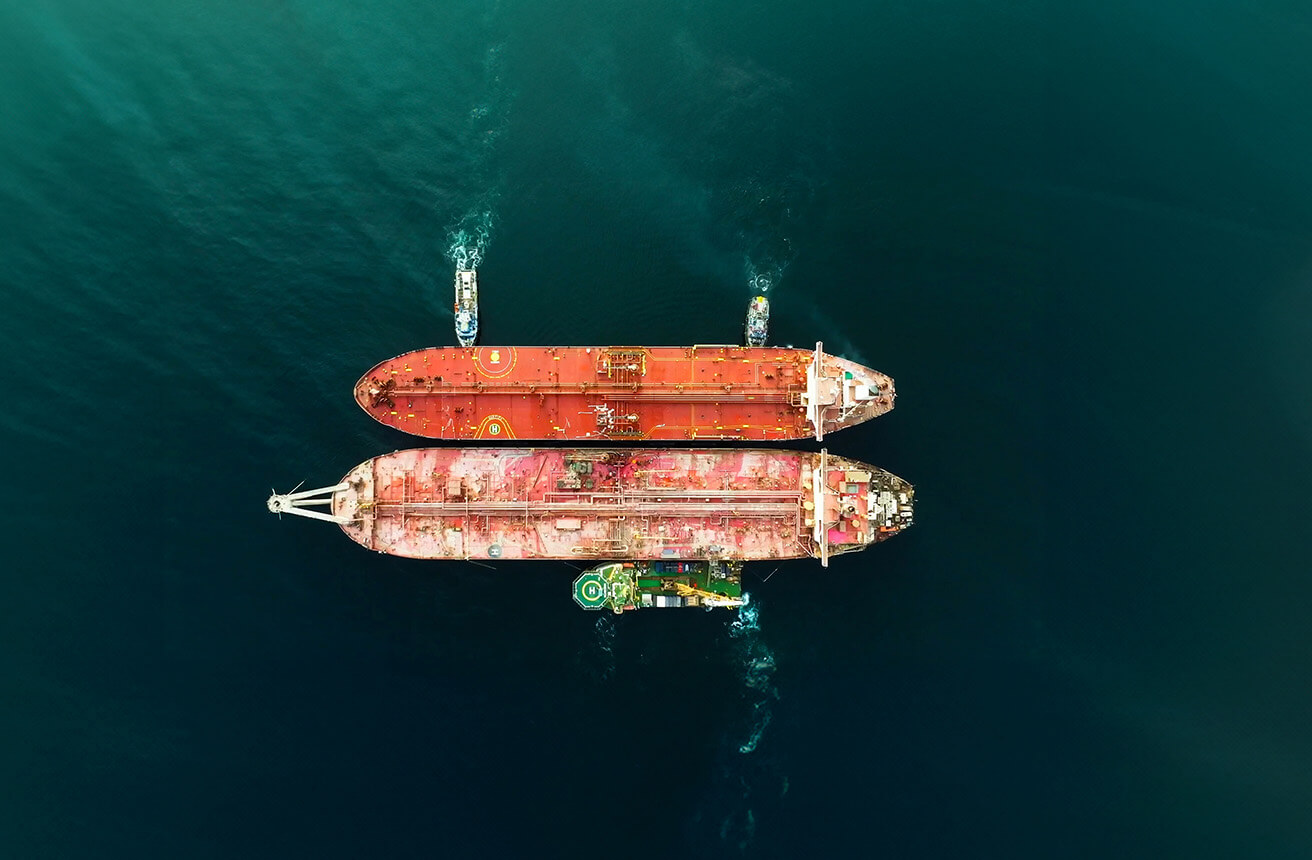
A salvage operation by UNDP and partners prevents a major disaster in the Red Sea.
Photo: SMIT/Coen De Jong
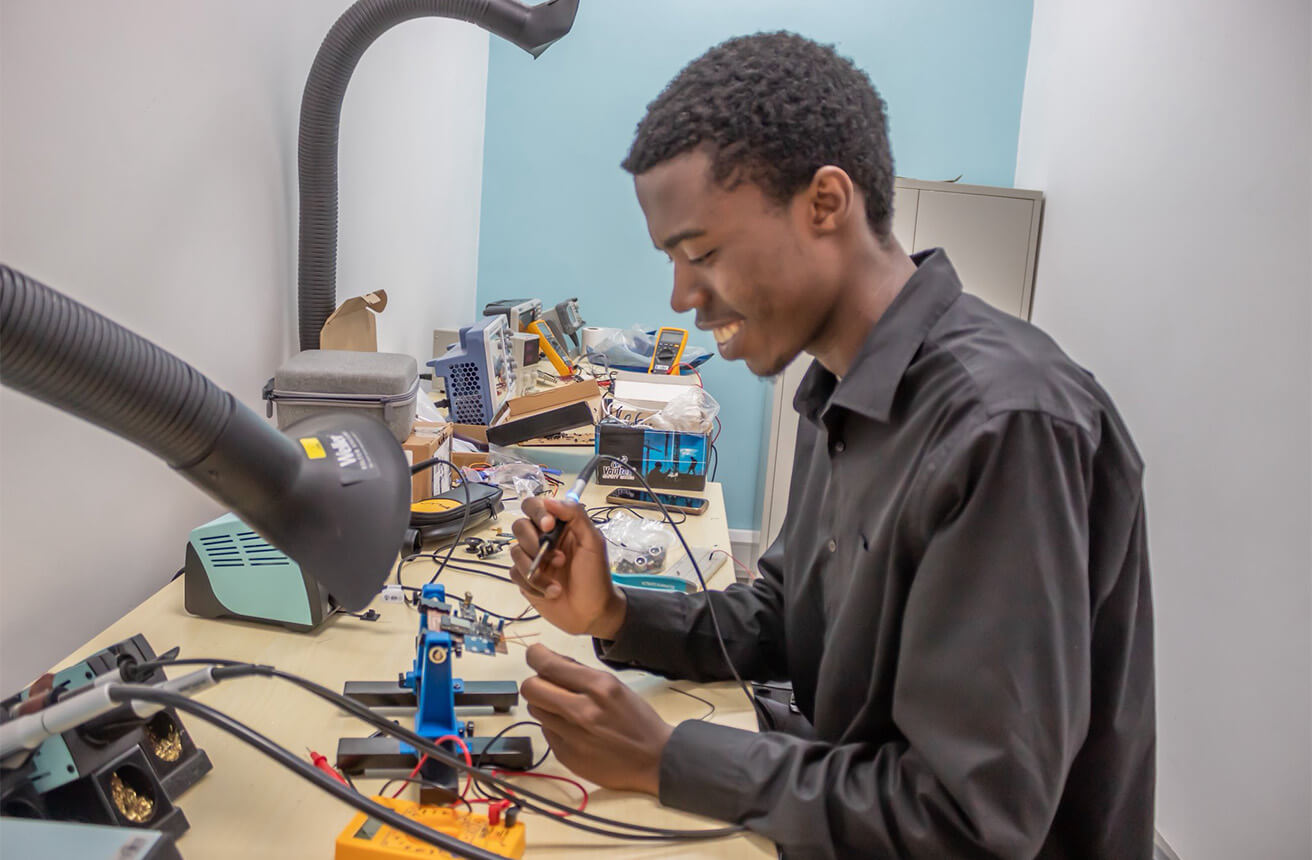
UNDP's timbuktoo initiative builds Africa's innovation ecosystem to support inclusive tech startups.
Photo: UNDP Malawi
UNDP Today
For six decades, and on the request of national governments, UNDP has maintained a continuous presence in every region, from the smallest island states to the largest economies, from stable democracies to fragile contexts
170 countries and territories
23,000 personnel
SINCE 2022:
Partnership trust: Core funding partners entrust UNDP with flexible resources to deliver results worldwide. 94 countries invest $1.2 billion of their own domestic resources in UNDP programmes within their borders
UN support: As the UN system's operational backbone, UNDP works with over 70 UN agencies and manages services across 121 UN Country Teams
Accountability: With 19 unqualified audits in a row, UNDP is transparent and accountable, delivering impact to our trusted partners in a context of excellent financial management and institutional integrity
Policy leadership: UNDP's Global Policy Centres in Dublin, Doha, Istanbul, Oslo, Seoul, Singapore and Rome inform development policy worldwide. They cover governance, technology, climate action, private sector engagement, youth, and the alignment of finance with climate, nature and sustainable development priorities
Leverage: For every dollar invested by UNDP, $7.4 more is leveraged for sustainable development, exceptional value for money as we multiply investments to advance development breakthroughs globally
Consistency in crisis: UNDP stays and delivers, maintaining operations in some of the world's most challenging places, including Afghanistan, Gaza, Haiti, Myanmar, Sudan and Ukraine